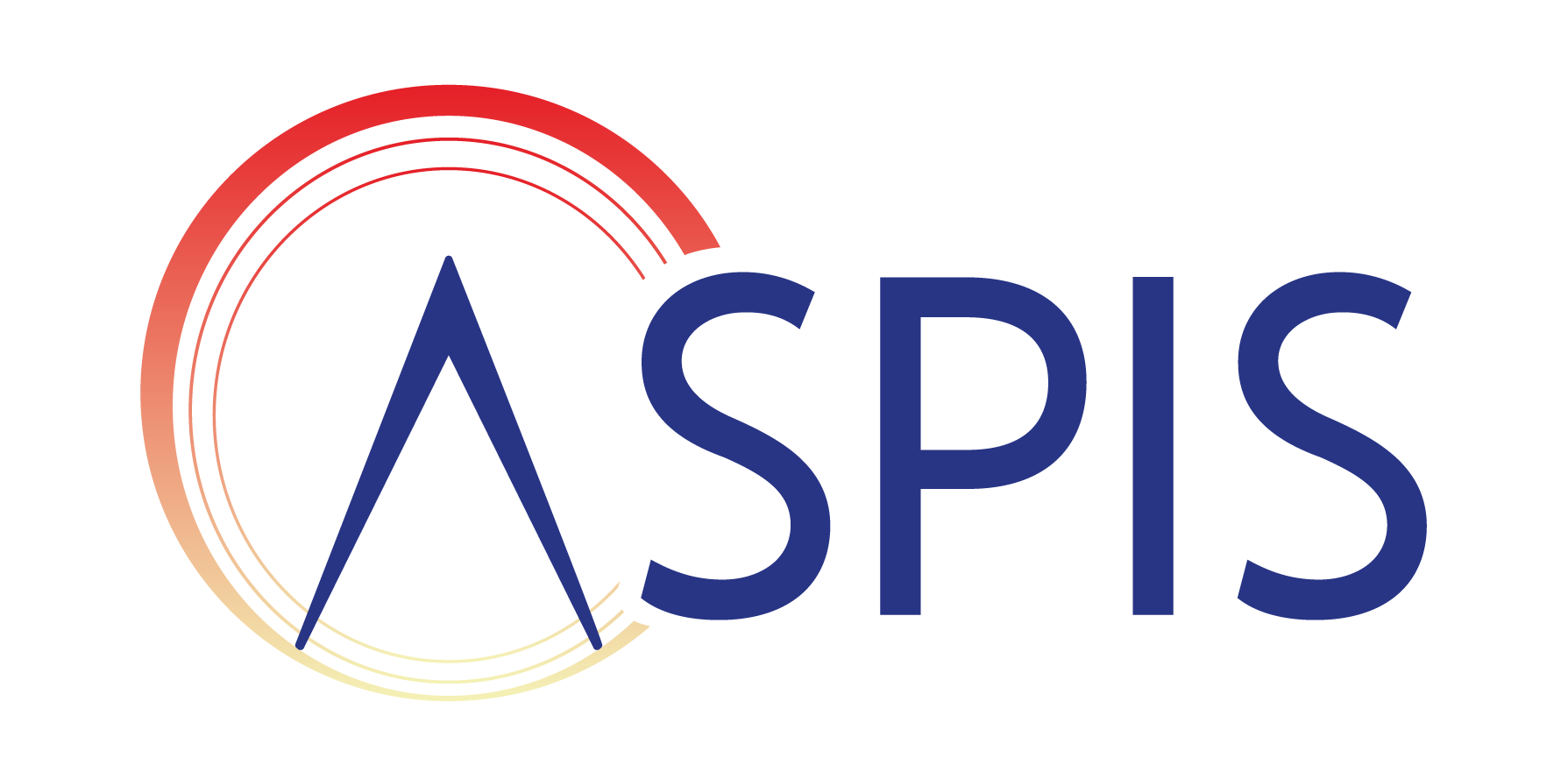What happens when five dynamic early-career initiatives come together on one stage at the World Congress on Alternatives and Animal Use in the Life Sciences (WC13)? You get a powerhouse session dedicated to shaping the future of toxicology—driven by the next generation themselves.
On Tuesday, 2 September, from 14:30 to 16:00 in Room 207 (Session 54), ASPIS Academy teams up with four other high-impact networks—EUROTOX Early Career Forum, ESTIV Early Career Network, Young TPI, and the EURL ECVAM Summer School—to organise a session entitled “Empowering the Next Generation of Researchers for Next Generation Risk Assessment.”
Chaired by Eliska Kuchovska (Leibniz Research Institute for Environmental Medicine) and Mathieu Vinken (Vrije Universiteit Brussel), this interactive session will showcase how these initiatives are fostering inclusion, collaboration, and innovation in the field of non-animal science.
The lineup features Luiz Ladeira (University of Liège) on ASPIS Academy, Eliska Kuchovska on the EUROTOX Early Career Forum, Mohamed Fathi Abdallah (ESTIV) presenting the ESTIV Early Career Network, Annalisa Gastaldello (European Commission) introducing the EURL ECVAM Summer School, and Victoria C. de Leeuw (RIVM / Young TPI) spotlighting the Young TPI.
The session will conclude with an open-floor discussion—an invitation to the audience to join the dialogue, share their needs, and help co-create a more connected and supportive future for early-career scientists working toward innovative, animal-free, human-relevant risk assessment.
Speaker: Luiz Ladeira
Presentation: ASPIS Academy for Sustainable Toxicology through NAMs
“Invest in 'young' minds, give them the right tools and network, and the shift to animal-free, human-centric toxicology becomes unstoppable.”
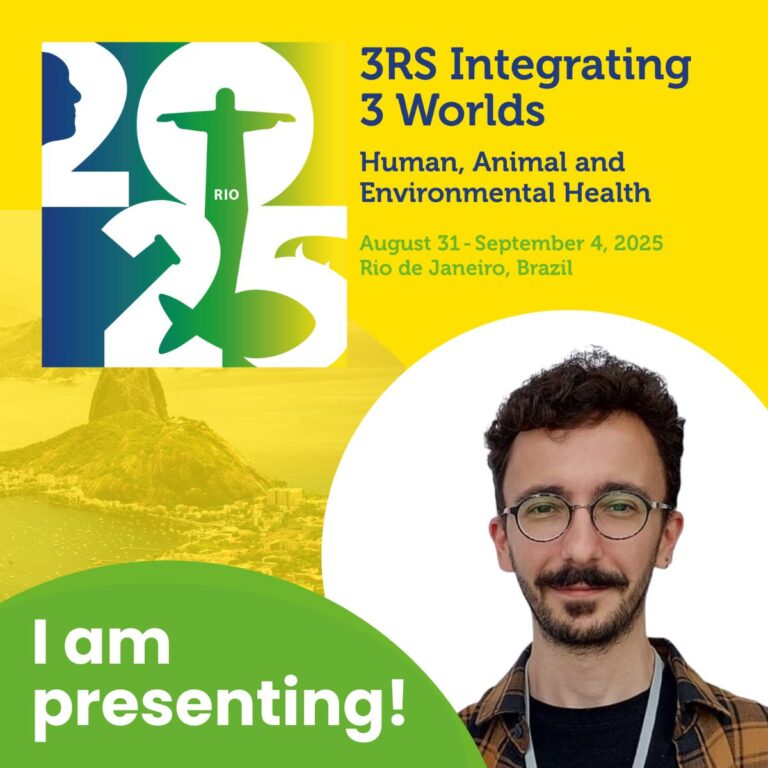
A short description of the topic:
Early-stage scientists hold the key to replacing animal tests with faster, human-relevant non-animal New Approach Methodologies (NAMs). This talk shows how ASPIS Academy unites 120+ young researchers from ONTOX, RISK-HUNT3R and PrecisionTox, pairing mentoring, lab exchanges and joint projects to accelerate sustainable toxicology and make next-gen risk assessment the norm.
About Luiz Ladeira:
Luiz is a former co-chair of ASPIS Academy and current co-chair of the ESTIV early career network. At ASPIS Academy, he helped establish programs for young researcher mentoring, training and creating networking opportunities. His research includes support to and development of NAMs for organ toxicities, and he is an enthusiastic advocate for non-animal in silico and in vitro methods.
Speaker: Eliska Kuchovska
Presentation: EUROTOX Early Career Forum: Empowering the Next Generation of Toxicologists
“Supporting early-career scientists isn't just important—it's essential for building a smarter, more inclusive, and animal-free toxicology. ECF gives young researchers the tools and confidence to lead that change.”
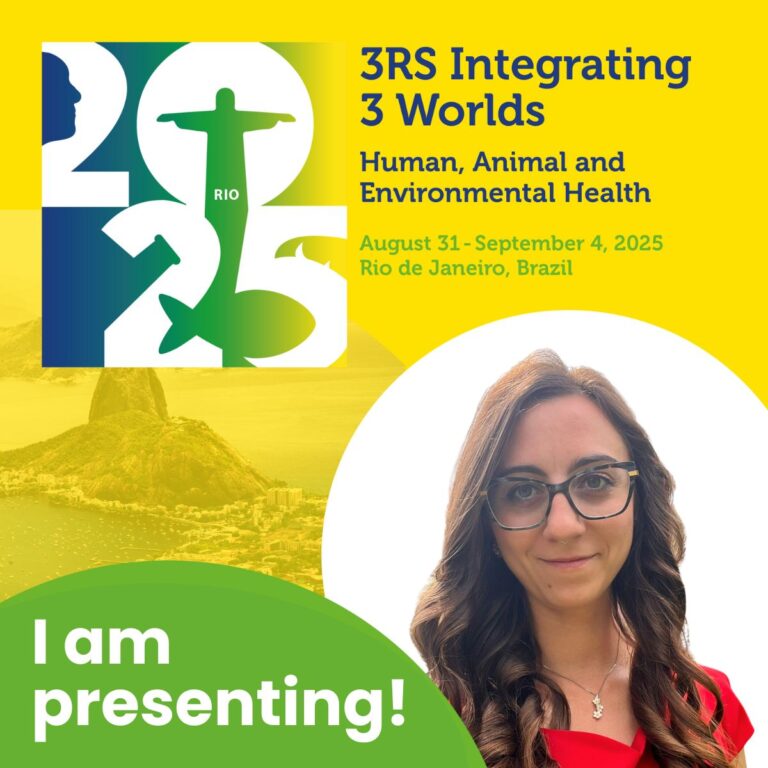
A short description of the topic:
What happens when early-career toxicologists take the lead? You get fresh ideas, bold collaborations, and a community that listens. In this talk, you’ll get a behind-the-scenes look at the EUROTOX Early Career Forum (ECF)—a space where young scientists shape their own future through dedicated activities. Come discover how we’re turning networking into action and building a more inclusive toxicology, one idea at a time.
About Eliska Kuchovska:
Eliska is the chair of the EUROTOX Early Career Forum and a member of the EUROTOX Executive Committee. She is based at the Leibniz Research Institute for Environmental Medicine in Germany, and is actively engaged in advancing developmental neurotoxicity new approach methodologies (NAMs). As a dedicated advocate for early-career scientists and a former chair of the ASPIS Academy, Eliska leads initiatives that foster international, interdisciplinary collaboration, while championing diversity, well-being, and professional development within the toxicology community.
Speaker: Mohamed Fathi Abdallah
Presentation: Introducing the ESTIV Early Career Network
“Dare to interact as NAMs need dynamic people!”
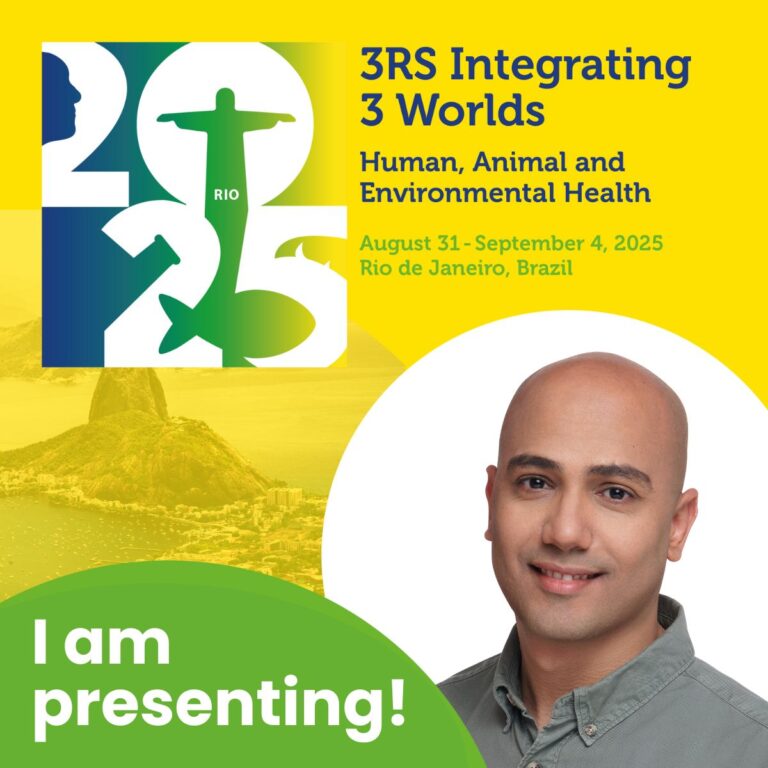
A short description of the topic:
This presentation will introduce the ESTIV Early Career Network (ECN) to Early Career participants attending the WC13. A spotlight will be placed on the success and impact of the first edition of the ESTIV ECN Mentorship Programme. Additional initiatives, including the special ECN-dedicated session held during the biennial ESTIV Congress, will also be highlighted.
About Mohamed Fathi Abdallah:
Mohamed is a board member of the European Society of Toxicology In Vitro (ESTIV) and currently serves as co-chair of the ESTIV Early Career Network. In collaboration with the ECN team, he actively promotes initiatives aimed at supporting and connecting the next generation of in vitro toxicologists.
Speaker: Annalisa Gastaldello
Presentation: Fostering a Community of Young Scientists in Non-Animal Approaches: The EURL ECVAM Summer School Experience
“The Summer School organised by EURL ECVAM has a significant impact on its alumni, influencing their research and career paths, and fosters the creation of a community dedicated to advancing alternatives to animal testing and promoting ethical scientific practices.”
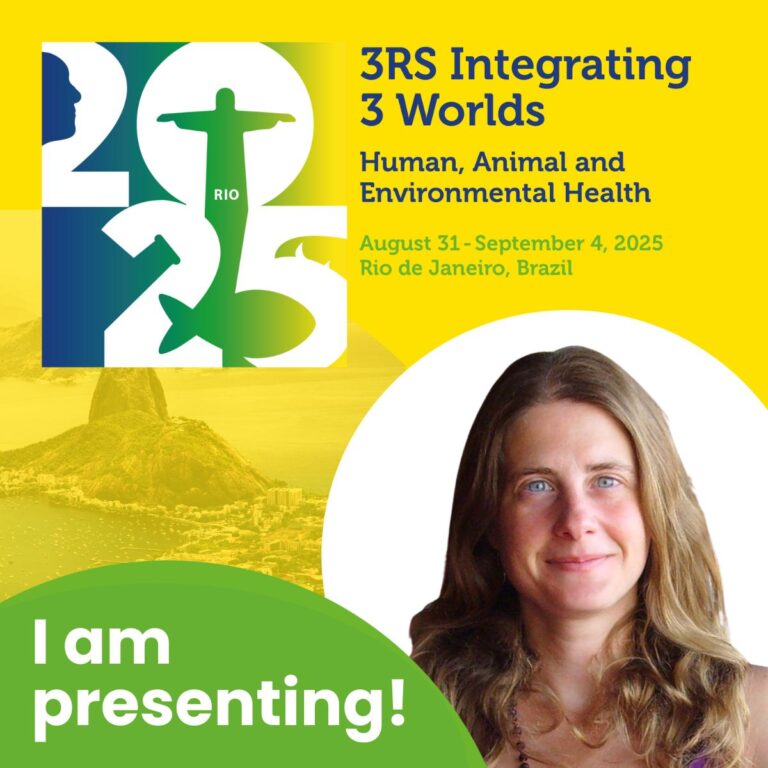
A short description of the topic:
The presentation will talk about the Summer School organised by the European Union Reference Laboratory for Alternatives to Animal Testing (EURL ECVAM) on Non-Animal Approaches in Science, a biennial program that promotes alternatives to animal testing and supports the development of innovative scientific practices among university students and early career researchers.
About Annalisa Gastaldello:
Annalisa works at the Joint Research Centre of the European Commission in Ispra (Italy) as a Project Officer focusing on facilitating the uptake of alternatives to animal testing in biomedical research. Prior to this position, she spent 13 years in the UK, where she gained a PhD and a Master’s in Cardiovascular Science, and worked as a researcher in several different fields of biomedicine, such as endocrinology, cardiovascular diseases and cancer. She has extensive lab experience with both animal and non-animal models.
Speaker: Victoria de Leeuw
Presentation: Young TPI: Building a Network with Young Minds for Animal-Free Innovation
“You can achieve so much more than you imagine when you gather motivated people around a mission, and make them feel part of the network. Connecting with other like-minded peers and exchanging ideas strengthens the collective efforts in the transition towards animal-free science. Dedication and boldness are gold!”
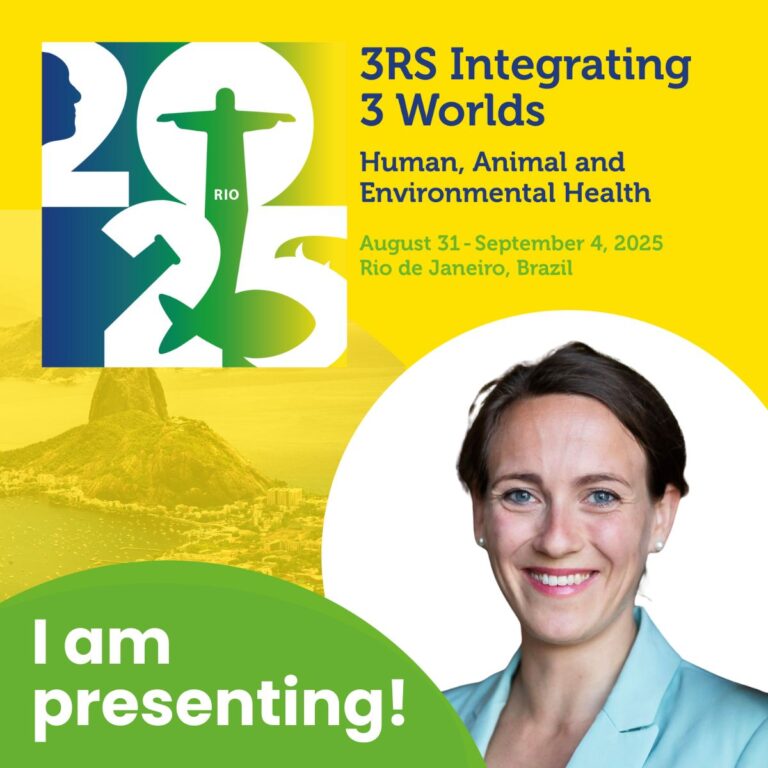
A short description of the topic:
You see a need and a chance to change the status quo around animal testing, but how do you do that? In this talk, we show how to build a network that gathers young people around the mission of animal-free innovation across science. With three years of experience in setting up the Young TPI network, we share our most valuable experiences and insights with you. Also, when you are not “young” anymore, we can give you tips on how to leverage the energy of the young generation to make a difference and shape the future of science/tomorrow.
About Victoria de Leeuw:
Victoria is one of the co-founders and former chair of Young TPI. Together with the other YTPI board members, she set up the network to become the first in the world to engage young people across disciplines to think about the wicked problem of animal testing and accelerate the transition towards animal-free science.
